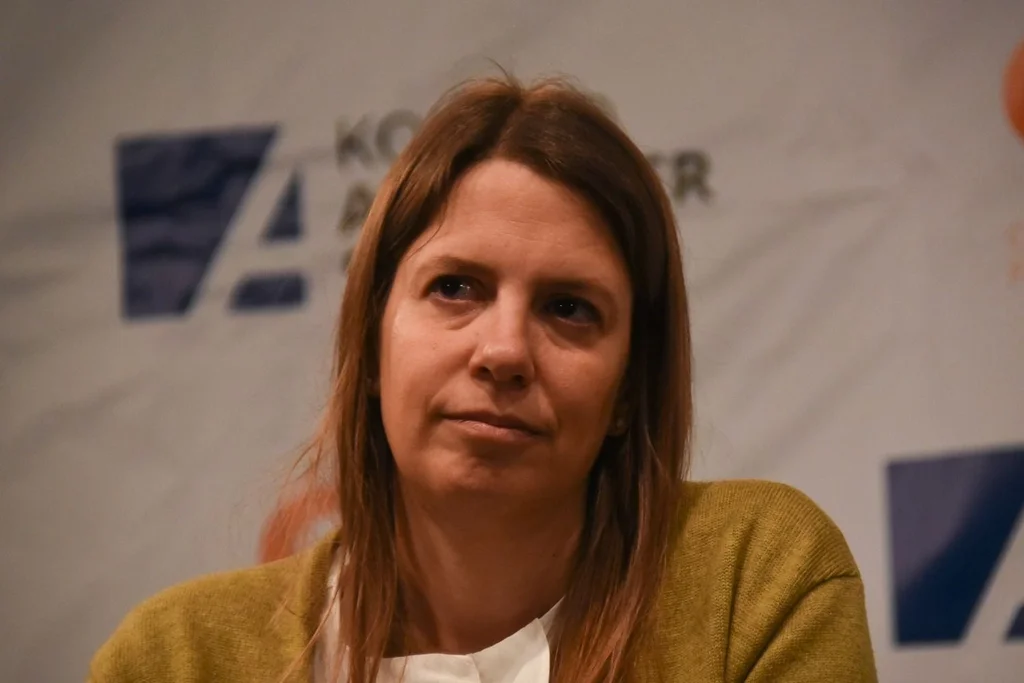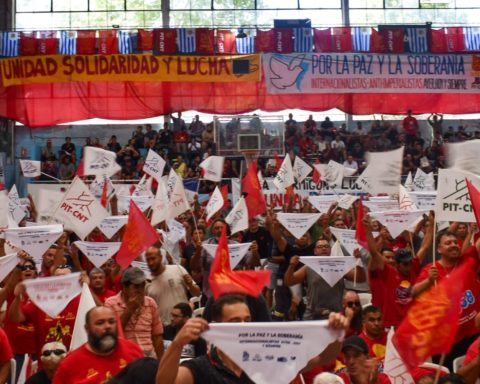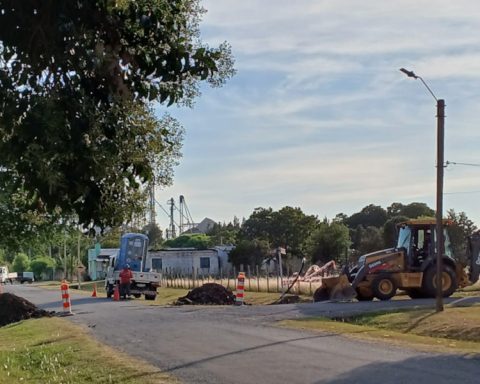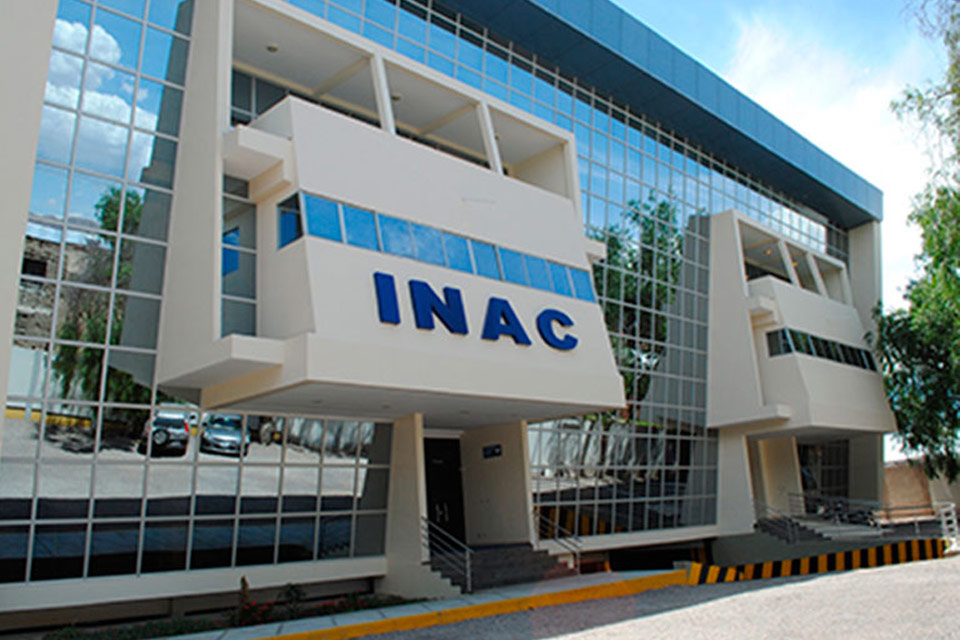“The best strategy for a Salto trader is to move to Concordia”said the economist on Friday Javier de Haedoduring a conference that addressed the Uruguayan economy as a central theme in the context of regional instability.
The expert pointed out that although Brazil will remain cheap compared to Uruguay and there is a “considerable” exchange delay with that neighbor, it is not something that “takes away sleep.” “Because of its structural strengths, I don’t see serious risks coming from Brazil,” he said.
Quite the contrary raised about Argentina. In his analysis, De Haedo pointed out that “there is a very sui generis leadership” that is “the root of the crisis.” “Is a script change possible? Not in this government. And in the next it is difficult. The changes would have to be huge and considerable political costs would have to be paid. I don’t see that there is going to be a promising future”, said the director of the Observatory of the Economic Situation of the Catholic University.
Camilo dos Santos
Xavier de Haedo.
The economist said that the four i’s are present at the base of the “bad policies” in the neighboring country: ignorance, ideology, vested interests and idiosyncrasy. And he added that the rules of the game are “perverse” with “anti-growth”, “anti-investment” and “anti-export” policies, added to “anti-work” social plans, “exorbitant” public spending, countless taxes designed in the form of “flood” and innumerable types of change.
In this scenario, he stated that Argentina “it will remain cheap indefinitely”. With an external shock that he defined as “negative” and “permanent” he pointed out that several sectors that in Uruguay today appear as “losers” they will have to rethink their businesses “because the band-aids of before are no longer useful”. As an example, he pointed out that perhaps there are coastal businesses that should think about moving to towns located on the other side of the border, because those are the places where their customers are now.
The pro-competitive agenda

Camilo dos Santos
Agustin Iturralde.
In another part of the conference held at Expo Prado, the economist from the Center for Development Studies (CED), Agustin Iturraldestated that a “good part” of the change in the regional context “is more structural than circumstantial.”
“The much more adverse conditions that some sectors have are here to stay. The very good tourist seasons of 2017 and 2018 were perhaps exceptions in a context that was already adverse”he pointed.
On the other hand, Iturralde said that on the border with Brazil, smuggling is “dealt with in a better way” due to a historical and cultural issue, but that on the coast of the country, formal trade is having an “extremely bad” moment.
The new reality hits squarely on the sightseeing, and according to the economist there are “several years” left before the Argentine middle class can go back to spend the summer in Maldonado or Rocha, destinations that today are “very expensive” for that public. This situation calls for having to search for new markets and having to “reorient” services.
The other effect is in the shopping tourism, with thousands of Uruguayans who take advantage of the exchange difference and cross daily to the other side of the river to purchase basic consumer products. On this point, Iturralde said that Uruguay has a “pro-competitive” agenda “pending”.
As an example, he reiterated that in markets such as food or personal hygiene products, “there are always few players” and there are barriers that “inhibit” the arrival of new players. “There are many micro regulation issues to make these markets more competitive. We are an expensive country and there is a pending agenda (…) It does not seem reasonable for Uruguay to seek the recomposition of competitiveness with the region in macro policies, on exchange rates and interest rates. It doesn’t go there. The problems are much more structural”, he insisted.
Education, investment and growth potential

Camilo dos Santos
Aldo Lemma.
The economist, Aldo Lema, remarked that Uruguay has to “get used to” a region that is “volatile” and “mediocre” from the structural point of view. That makes it necessary to think about structural solutions, she indicated.
“The macro policies have some things to do, but many times we ask for pears from the elm tree. For example, it is very difficult to solve a problem in some regions of the country with exchange policy. It is as if Switzerland had to devalue the Swiss franc to compete with Italy which is structurally poorer,” she said.
Lema stressed that the “bad news” is that there is hardly a better outlook in the short term. And the “good news” is that the pandemic opened up an opportunity to diversify the export of services. “The challenge is about education. We have to speak less Portuguese, speak more English and much more Mandarin,” he said.
In addition, the economist stated that Uruguay must differentiate itself “even more” from its neighbors in fiscal matters, and also in monetary matters with an autonomous central bank that “preserves” the “symmetrical” exchange rate float. “When there is fundamental room for your currency to appreciate, it should appreciate, and when there are fundamentals for your currency to depreciate, it should depreciate. That means converging to low and stable inflation to de-dollarize the economy and have a really flexible exchange rate”, he pointed out.
In another part of his presentation, the economist underlined the need to focus on potential growth. “We have come out of an expected cyclical rebound. Today I am concerned that with a potential growth of 2%, once again the demand goes to macro policies”, said. In this sense, he added that in the short term the key variable is to increase investment, and that “probably a significant increase” in the profitability of companies should be deepened.
The “surprise” of Brazil and the “imbalances” of Argentina

Camilo dos Santos
Tamara Schandy.
Exante economist Tamara Schandymaintained that a good part of Argentina’s problem is essentially the same as in recent years: a fiscal deficit that does not find external financing, and in a context of fiscal policy with an expansive sign.
“The magnitude of the imbalances are going towards a dark brown place and the triple-digit inflation risk is just around the corner. The issue of having a very cheap neighbor that does not grow significantly is a fundamental part of what we have to incorporate into the Uruguayan scenario”, he pointed out.
In relation to Brazil, he said that it has brought “positive surprises” in terms of growth, even without being something “fantastic” because it is barely recovering levels of activity prior to the 2015 recession. The data for the first two quarters showed growth rates in annualized terms equivalent to just over 4%.
“With lights and shadows, the panorama in Brazil is not particularly threatening. There are elections next month and we should not find any major surprises in the result and in what that implies for the economic scenario”Schandy said.

















